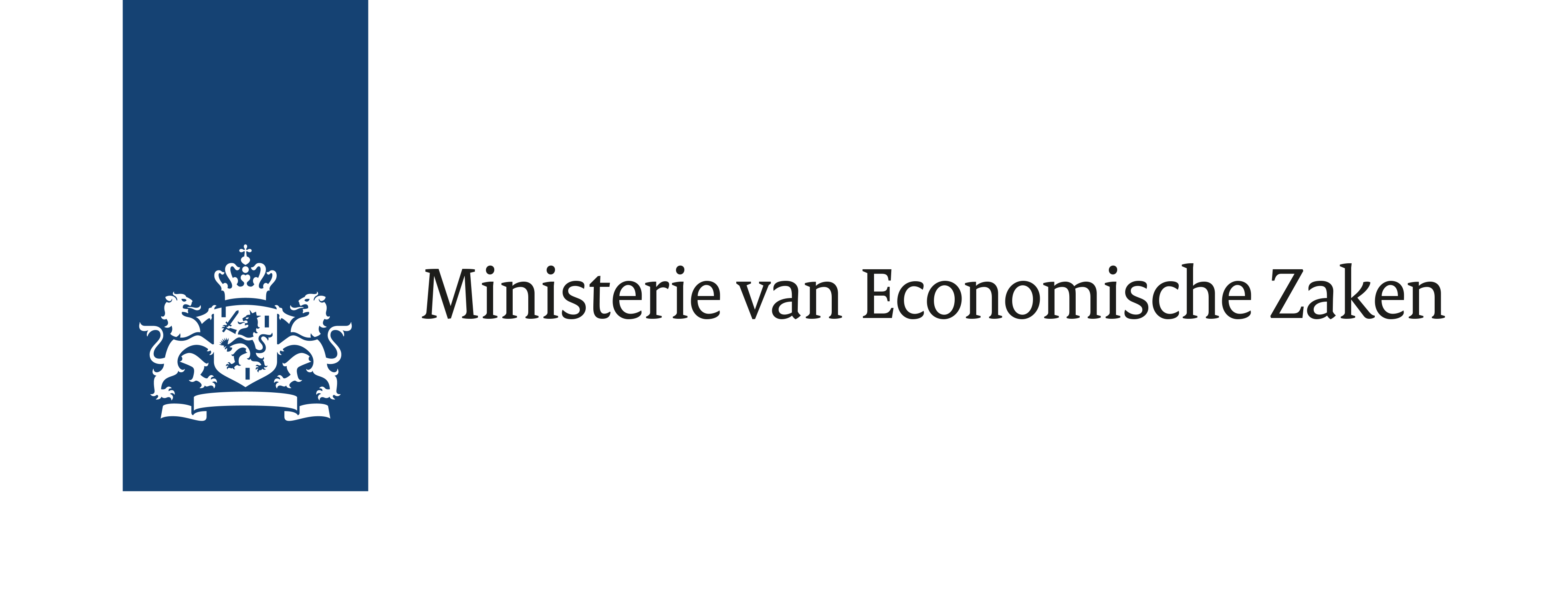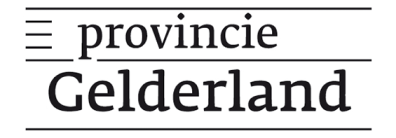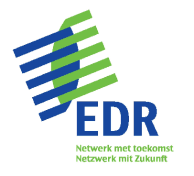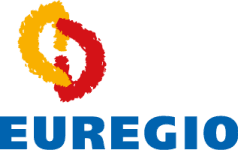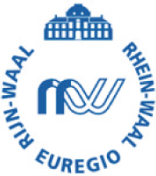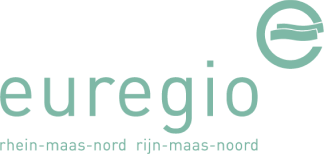In the Interreg VI project Citylogistic 2.0, a new concept is to be developed to reduce the increasing emissions in inner cities. This particularly concerns the so-called CEP industry (courier – express – parcel). In the future, an increasing number of customers will be delivered in ever smaller delivery units on the final route to the end customer. In addition to high costs, this last mile in particular also results in a significant volume of traffic.
The aim of the project is therefore to develop an innovative, intelligent and sustainable distribution system, consisting of an energetically self-sufficient, mobile mini-hub and an electric vehicle designed and newly developed for this purpose – LEFV (Light Electric Freight Vehicle), which is based on the energy generated by the mini-hub. The hub is powered by renewable energy. The mini hub is modular and made from sustainable building materials and is also suitable for temporary use.
This would be a further step towards reducing emissions for inner cities and residential areas: direct deliveries by the CEP industry with trucks or (diesel) vans would no longer be necessary. This will be replaced by climate-neutral delivery via the mini-hub. Roll containers are used for transport to the mini hub. The LEFVs then deliver the shipments from the mini hub directly to the customers.
The innovative special feature of this project lies in the holistic concept. For the first time, an energy self-sufficient mini-hub will be combined with a newly developed electric vehicle. The highlight: The automatic communication between the mini hub and the vehicle not only takes place with regard to logistics data, but also in the area of energy management. The vehicles communicate independently with the hub and send information about the charging status and the route. The hub reports when a charging point is free and calculates how long the charging time will be. In addition to the conception of the mini-hub and the LEFV, the project also aims at its actual physical and structural development. The result will be a mobile building, a functional vehicle and an innovative communication interface coupled to it. The project will therefore build testable and tangible infrastructure that will be available as a showcase in the program area.
In the Citylogistic 2.0 project, ten German and Dutch partners are working together across borders. Accompanied by the New Energy Coalition from Groningen and the Oldenburg Energy Cluster (OLEC), a comprehensive knowledge and technology transfer is being realized in the Interreg program area. The involvement of other stakeholders – especially from the logistics industry, but also with a view to local government – ensures that the concept can also be transferred to other cities and municipalities.
As part of the project, two operating and test phases lasting several months are planned in the twin cities of Groningen and Oldenburg. In Oldenburg, the new Helleheide residential area on the former air base will be used for test operations. The Citylogistic 2.0 project runs until July 31, 2027.
The total investment volume amounts to around 5.4 million euros. Of this, around 2,8 million euros will be made available from the Interreg VI Germany-Nederland program.
Citylogistic 2.0
Project information
Planned project costs
€ 5.393.634,60
Priority
A greener programme area
Project duration
01.08.2023
-
31.07.2027
Lead partner
Stichting New Energy Coalition
Project partners
CITIPOST Nordwest GmbH & Co. KG
Dynteq B.V.
Electric-Special Photronicsysteme GmbH
Fulpra IP B.V.
Gebr. Busmann Holzbau GmbH
Groene Rijders B.V.
Jade Hochschule Oldenburg
Loohuis Installationstechnik GmbH
Mobiliteit en Infrastructuur Test Centrum (MITC)
OLEC e.V.
Rijksuniversiteit Groningen
Stichting Hanzehogeschool Groningen
Project financing
EFRE / EFRO
€ 1.978.657,72
Land Niedersachsen
€ 423.998,11
Ministerie van Economische Zaken
€ 254.398,83
MWIKE NRW
€ 0,00
Provincie Groningen
€ 62.163,77
Provincie Overijssel
€ 107.435,47
Dynteq B.V.
€ 549.445,75
Electric-Special Photronicsysteme GmbH
€ 109.525,85
Fulpra IP B.V.
€ 1.127.331,00
Gebr. Busmann Holzbau GmbH
€ 198.100,25
Jade Hochschule Oldenburg
€ 64.580,25
Loohuis Installationstechnik GmbH
€ 204.875,00
OLEC e.V.
€ 95.417,70
Rijksuniversiteit Groningen
€ 36.117,90
Stichting Hanzehogeschool Groningen
€ 96.075,00
Stichting New Energy Coalition
€ 85.512,00
Do you have a project idea or a specific question about the Interreg program Germany-Netherlands?
We are happy to help you! We are also open to suggestions!
Socials
We in social media

